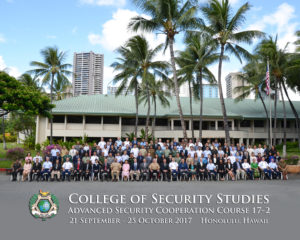
One hundred six U.S. and international Fellows from 38 locations took part in this course’s latest iteration (ASC 17-2).
Collaboration, negotiation, contemplation, connection…all hallmarks of the Advanced Security Cooperation course held at the DKI APCSS. One hundred six U.S. and international Fellows from 38 locations took part in this course’s latest iteration (ASC 17-2) Sept. 21 to Oct. 25.
The five-week ASC is an executive education program enabling mid-level military and civilian leaders to deepen their understanding of security issues within political, socioeconomic, defense and environmental contexts.
The course’s primary intent, according to course manager Dr. Virginia Bacay Watson, is to help “Fellows develop a common understanding of the security threats and challenges in the region and to find ways to enhance networks of cooperation.”
The ASC 17-2 curriculum offered 25 plenary topical discussions on key regional issues such as countering violent extremism, HADR, economic security and regional security architecture and 25 electives on topics like civ-mil operations, maritime security, migration, and trafficking in persons. Dr. Richard Vuylsteke, East-West Center President, Maj. Gen. Tammy Harris (Royal Canadian Air Force), and Lt. Gen. Bryan P. Fenton, Deputy Commander of U. S. Pacific Command, served as the civilian and military keynote speakers, respectively.
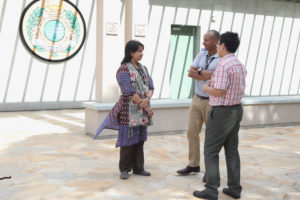
ASC 17-2 Fellows continue the Inclusive Negotiations discussion on the lanai during a break.
“The APCSS perspective at the outset, is leaving me more informed,” explained Fellow Marryam Khan, Ministry of Interior, Pakistan. “The best part of the course is this wonderful, brilliant mix of people from 30 plus countries, which is a rare opportunity in itself. It has made me aware of the complexity, the sensitivity and the interconnectedness of all these issues, which are besetting not just one country, but how they affect the entire region. So, you have a stake in that problem.”
The ASC curriculum prepares Fellows for such exercises through courses that equip them with the latest information on the Asia-Pacific’s various sub-regions and on key topics, such as terrorism, economics and maritime security. For example, Associate Dean for Operations Army Col. James M. Minnich conducted a new joint panel discussion on “Security Dynamics in Northeast Asia” with Dr. Mohan Malik.
New electives for ASC 17-2 were “Sendai Framework for Disaster Risk Reduction: The Security Sector Role in Implementation” by Prof. Ben Ryan and “China’s Maritime Strategy and Silk Road: Dimensions and Implications” by Dr. Mohan Malik, and “Migration, Security and how they affect the Asia-Pacific region” by Prof. Shyam Tekwani.
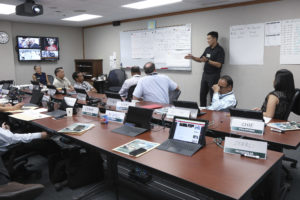
ASC 17-2 work together in a seminar discussion to consolidate their solution during an exercise.
Participants were from Bangladesh, Bhutan, Cambodia, Canada, Chile, China, Colombia, Fiji Islands, Indonesia, Japan, Kiribati, Laos, Malaysia, Maldives, Marshall Islands, Micronesia, Mongolia, Myanmar, Nepal, New Zealand, Pakistan, Palau, Papua New Guinea, Peru, the Philippines, Republic of Korea, Samoa, Solomon Islands, Sri Lanka, Taiwan, Thailand, Timor-Leste, Tonga, the United States, Vanuatu, and Vietnam.
“By seeing all these people here (it) has given me hope and my perspective is that there is a possibility for settling many of the pressing security issues that we face today,” concluded Khan.
ASC is one of five formal courses at DKI APCSS. The Center is a Department of Defense institute that addresses regional and global security issues. Military and civilian representatives, most from the United States and Asia-Pacific nations, participate in a comprehensive program of executive education, professional exchanges and outreach events, both in Hawaii and throughout the Asia-Pacific region.
The Center supports U.S. Pacific Command by developing and sustaining relationships among security practitioners and national security establishments throughout the region. DKI APCSS’ mission is to build capacities and communities of interest by educating, connecting and empowering security practitioners to advance Asia-Pacific security. It is one of the Department of Defense’s five regional security studies centers.
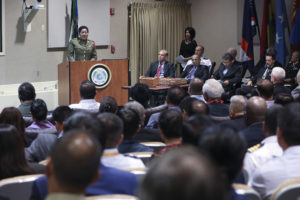
In her commencement speech, Major Leah Tadu (Fiji Islands) remarked how Fellows “arrived in Hawaii with our different views and leave transformed as better security practitioners in our various spheres of influence.”
Since opening in 1995, more than 10,500 alumni representing over 122 countries and territories have attended DKI APCSS courses and workshops.
For more photos, go to our Facebook page. For even more photos, go to A Look Back at ASC 17-2.
-END-


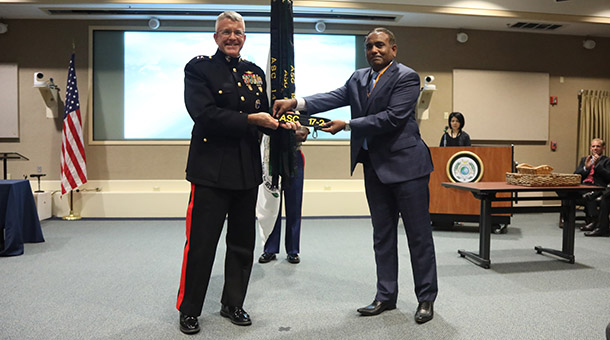
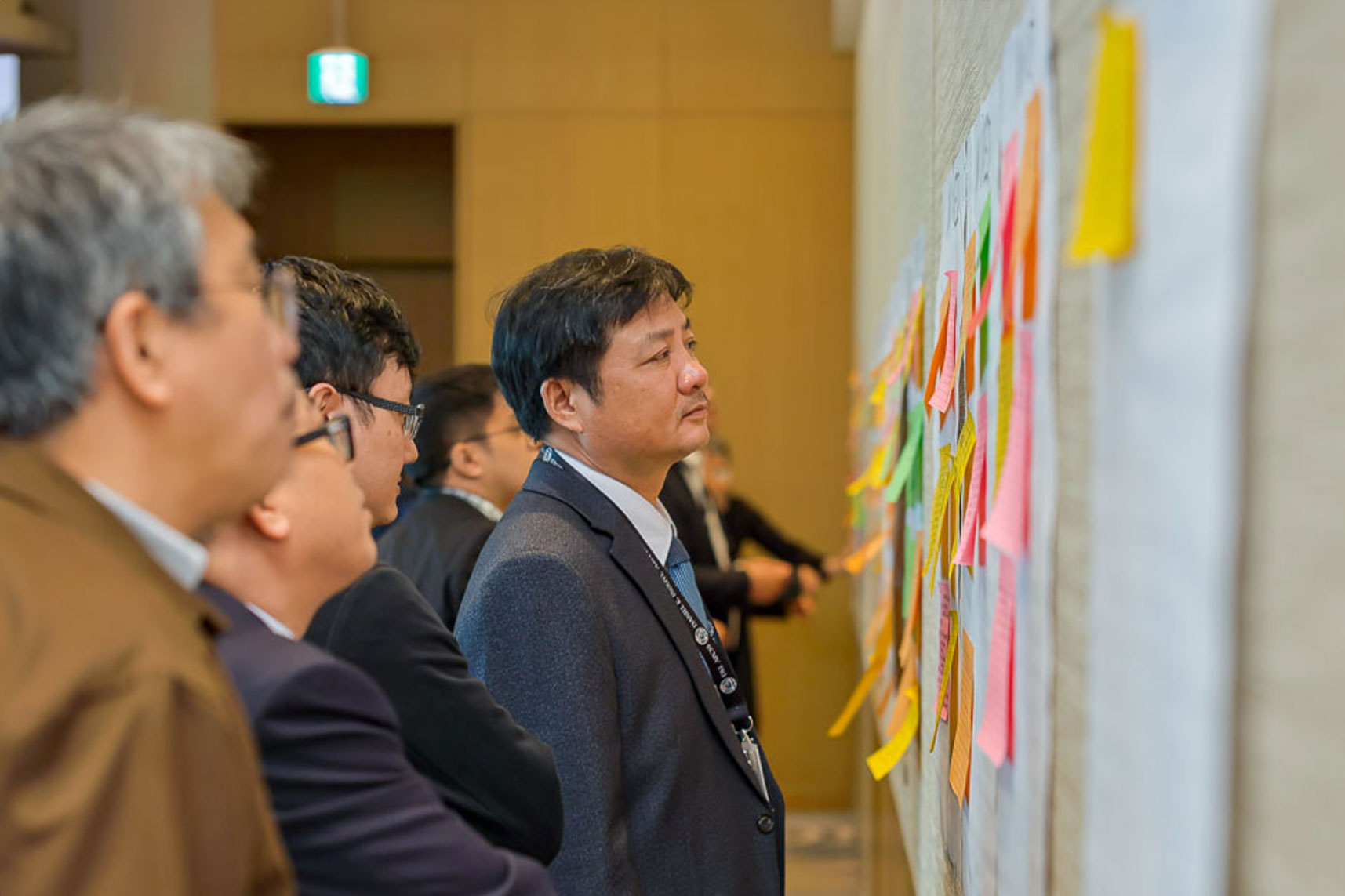
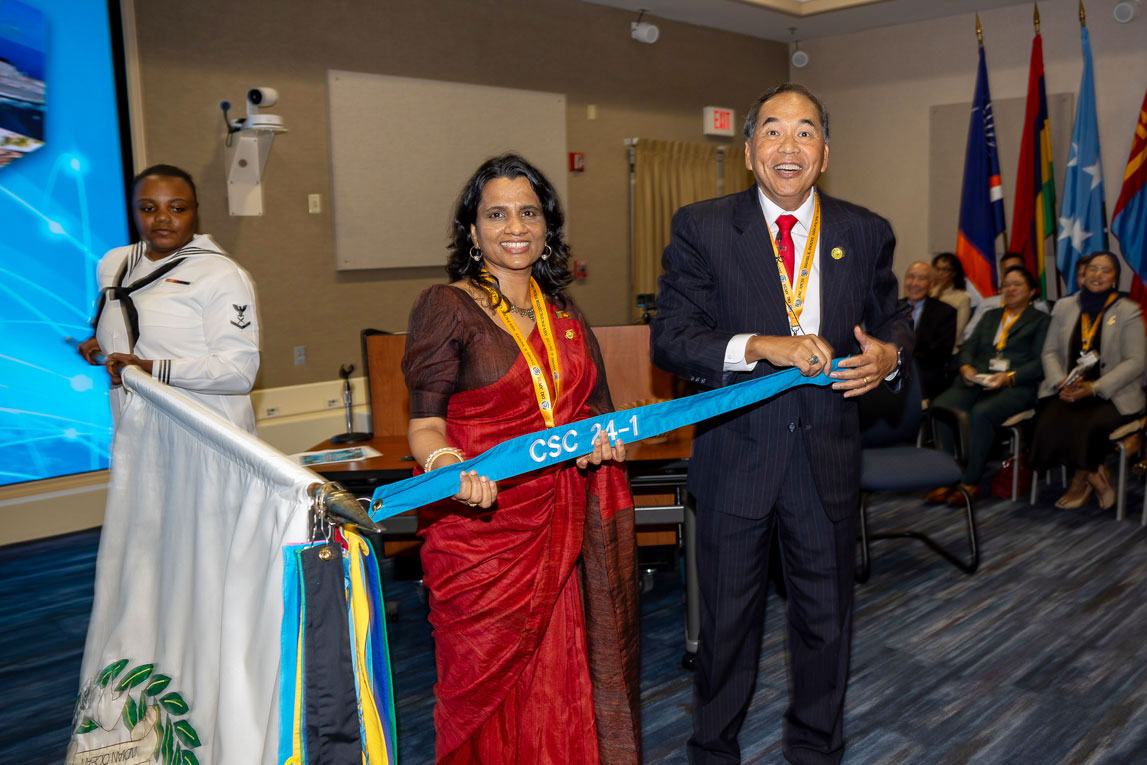
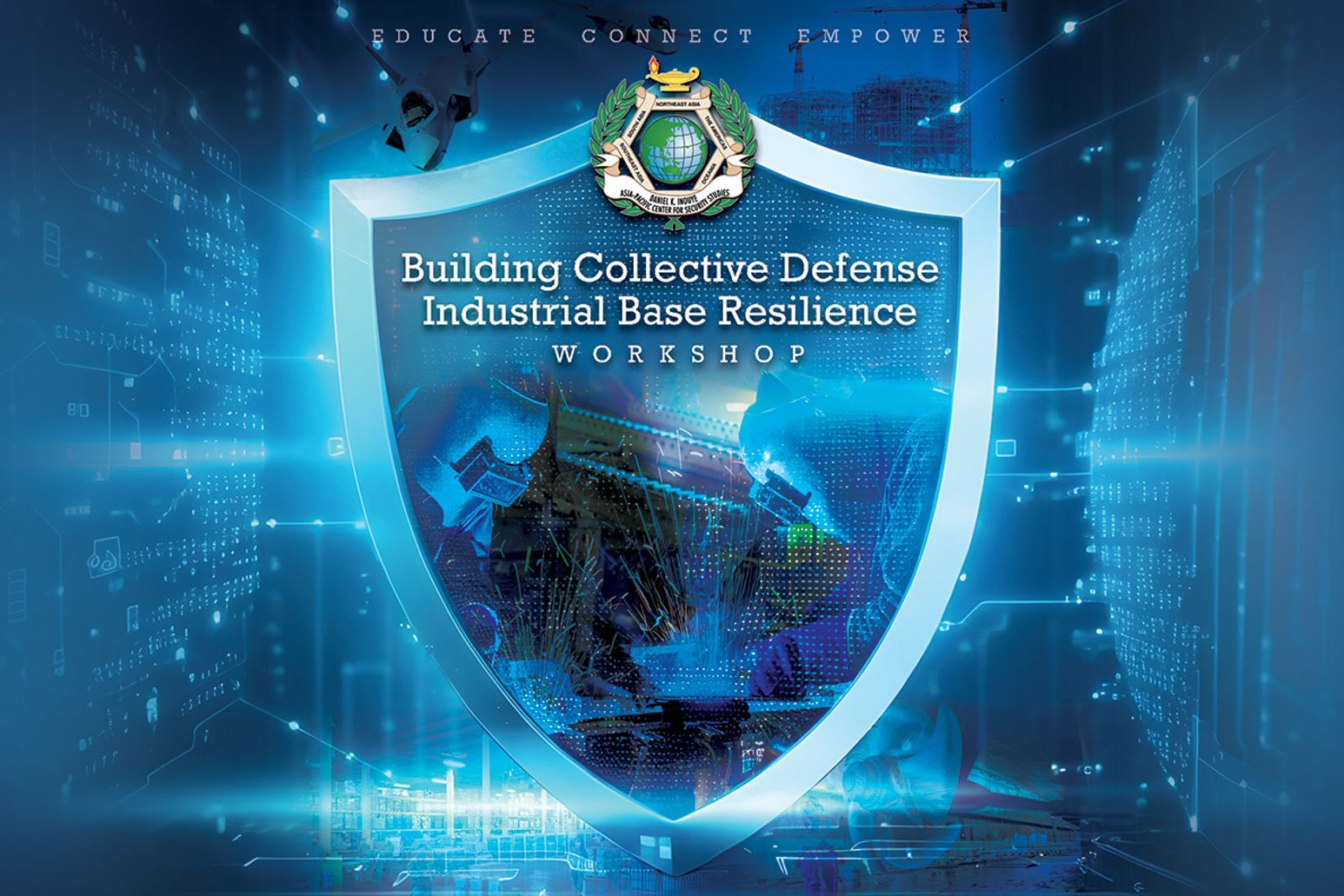




Leave A Comment